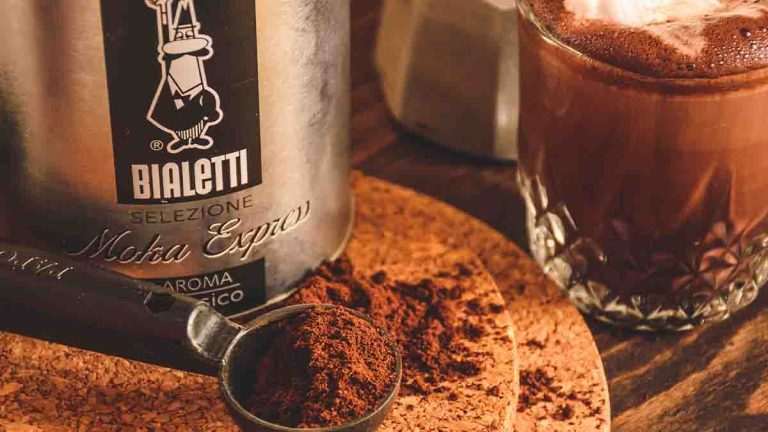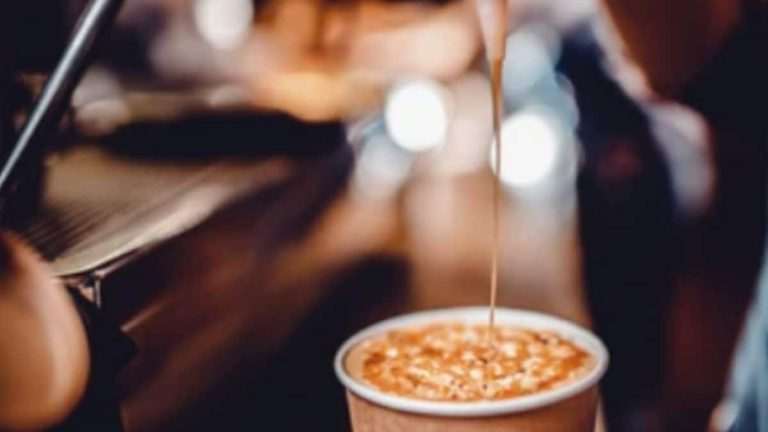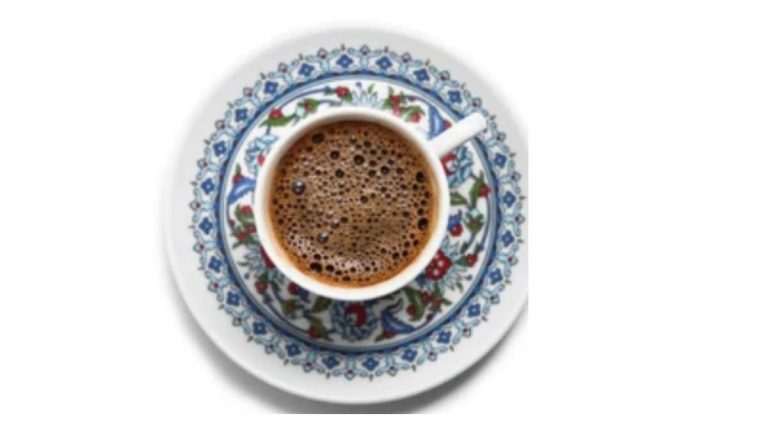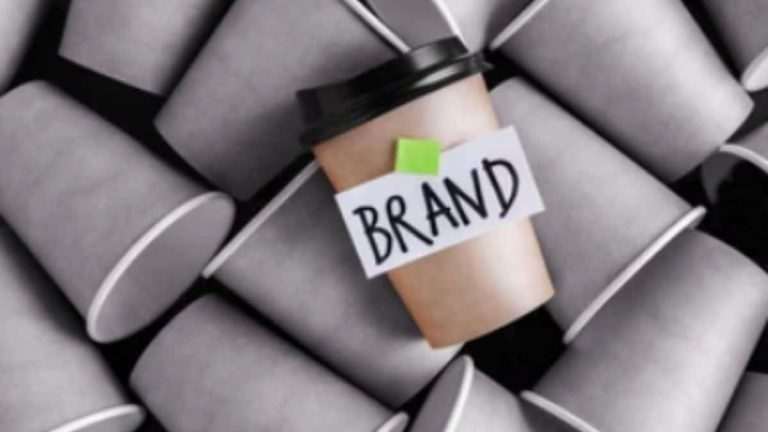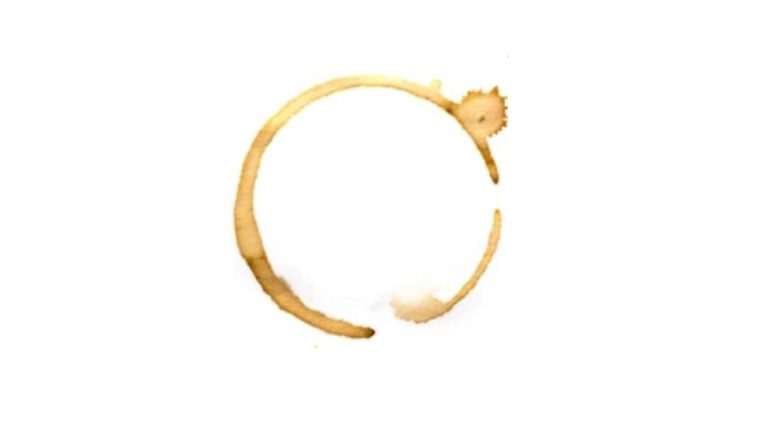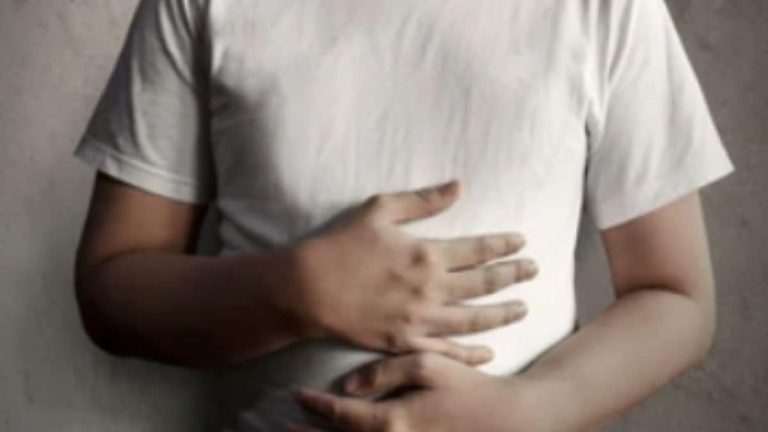Why drink coffee after dinner
For millions of coffee addicts throughout the world, drinking coffee after dinner is a nightly ritual. Coffee is loved for a variety of reasons, whether it’s espresso, decaf, or half coffee/half decaf. After-meal coffee has become a nightly habit for a variety of reasons, including cultural traditions, diets, and the elderly who want to “speed up their digestive track a bit.” It also has a range of health benefits.
Some people may find it strange to drink coffee after dinner. After all, coffee is designed to keep you awake and aware, and supper time is usually immediately before bedtime for most people. This is why millions of people prefer espresso to other drinks. It has a lower caffeine content than a single cup of coffee.
The 6 Reasons People Drink Coffee After Dinner:
Table of Contents
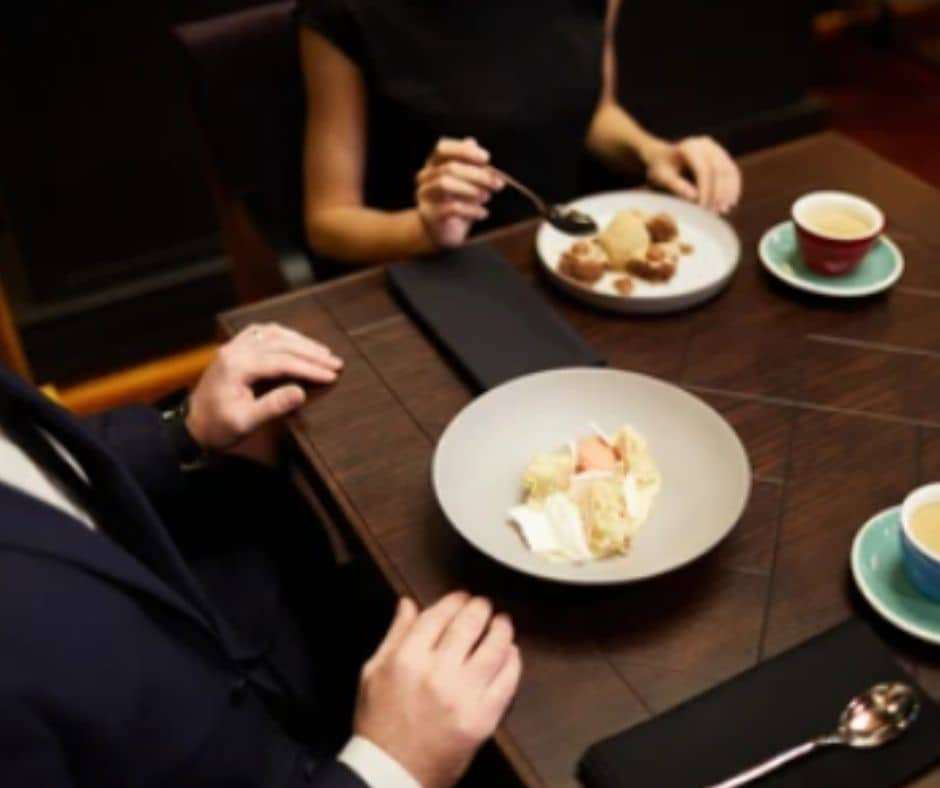
1. Family Tradition
After a meal, many Millennials would prefer not to hang out with their parents and have coffee. However, as you become older, you’ll find that you’re more eager to spend time with your elderly parents. After a home-cooked meal, what could be better than a cup of espresso brewed with high-quality Kona beans?
A cup of coffee with your family is a wonderful way to strengthen your ties. Many families still have a weekly or monthly “family dinner night,” when parents, siblings, and other relatives all congregate in one place for a large meal and chat.
2. Culture
After a meal, people from several cultures enjoy a cup of coffee. The Italians, for example, love to have a cappuccino in the morning. The milk within is considered a heavy meal and should only be had early in the day. Espresso is typically consumed in the evening since it lacks the creamy milk content of cappuccino.
The Dutch have a drink known as “koffie verkeerd,” which literally translates to “reverse coffee.” A glass of milk with a modest bit of coffee is served in a koffie verkeerd. It comes in a small glass and is said to aid digestion.
In France, coffee is an important component of the culture. Black coffee is commonly given with cognac after supper. Café Granit, a powerful but sweet coffee flavored with mocha liqueur, may also be available.
Because of our diversified civilization, Americans have a wide range of coffee traditions. Immigrants to America will almost certainly maintain their own country’s coffee-drinking customs. People born in the United States may drink their after-dinner coffee for health reasons or as a family tradition..
3. Post Dinner Lull
Apart from “family or cultural practices,” the second most prevalent reason for drinking coffee after a meal is to help with tiredness.
Dinner is the most important meal of the day. During this period, we consume the most calories and carbs. While our bodies try to digest the meal, they reach a state known as “homeostasis.”
Have you ever noticed how fatigued and lethargic you feel after a large lunch or dinner? Homeostasis is the reason for this. When our bodies consume a lot of carbohydrates, this happens.
It creates a massive jump in our blood sugar levels when eaten in excessive quantities. The body responds by releasing insulin to compensate. As a result, the brain produces more serotonin, a chemical that regulates sleep.
It’s a good idea to drink just enough coffee to fight the weariness that most people experience after a substantial lunch.
4. Calorie Counters
You can lose weight by drinking black coffee. If you’re attempting to lose weight and eat out, black coffee is a great alternative to the calorie-dense chocolate desserts on the menu.
Coffee promotes you to urinate more frequently, which helps you avoid gaining water weight. It also contains a lot of antioxidants, which have been related to weight loss in the past.
Coffee is a low-calorie beverage as well. It has exactly zero calories if no sugar, milk, or other sweeteners are added. The chlorogenic acids included within aid in the reduction of fat cells and the absorption of more glucose into the bloodstream. As a result, fat absorption is reduced. Coffee’s acid can also aid fat burning, particularly in those who consume 3-5 cups of coffee each day.
The caffeine in it works as an appetite reducer as well. So, if you have a single cup of espresso or coffee after a meal, you won’t be tempted to take a fork and start devouring the chocolate cake on the person next to you’s plate.
5. Speeding Things Up a Bit
Constipation is a common problem in overweight and elderly people. Coffee after a meal aids digestion. Coffee’s caffeine causes your gut muscles to contract more regularly. As a result, garbage and food flow more quickly.
You will gain weight the longer food stays in your intestines. So, by “quickening things up a notch,” you’re actually assisting your body in losing weight by preventing food from becoming lodged in your intestines and allowing your body to continue absorbing nutrients.
After-dinner coffee has been a custom for tens of millions of people around the world for thousands of years. Some people drink it to keep the conversation going at the dinner table with their loved ones. Others drink it for the sake of their health. Others drink caffeinated beverages to counteract the drowsiness that most people experience after eating a big amount of carbohydrates.
Whatever the motivation for having coffee after a meal, it is a custom that more people should participate in. The physical and societal benefits that come with an after-dinner coffee only serve to improve our lives.
6. Health Benefits
Coffee connoisseurs say that an after-dinner Robusta or Arabica drink is more about healthy living than enjoyment. Coffee is among the most important sources of natural antioxidants mostly in the Western diet, as it is absorbed more easily than other nutrients into the bloodstream. Coffee can help you lose weight after a big meal by raising your metabolic rate by up to 11%. Coffee has also been found to increase cognitive brain functions like attention by permitting neurotransmitters to activate more efficiently. After a long, delicious supper, a quick shot of coffee is the ideal way to battle drowsiness and lethargy.
Is it Good to Drink Black Coffee after Meal ?
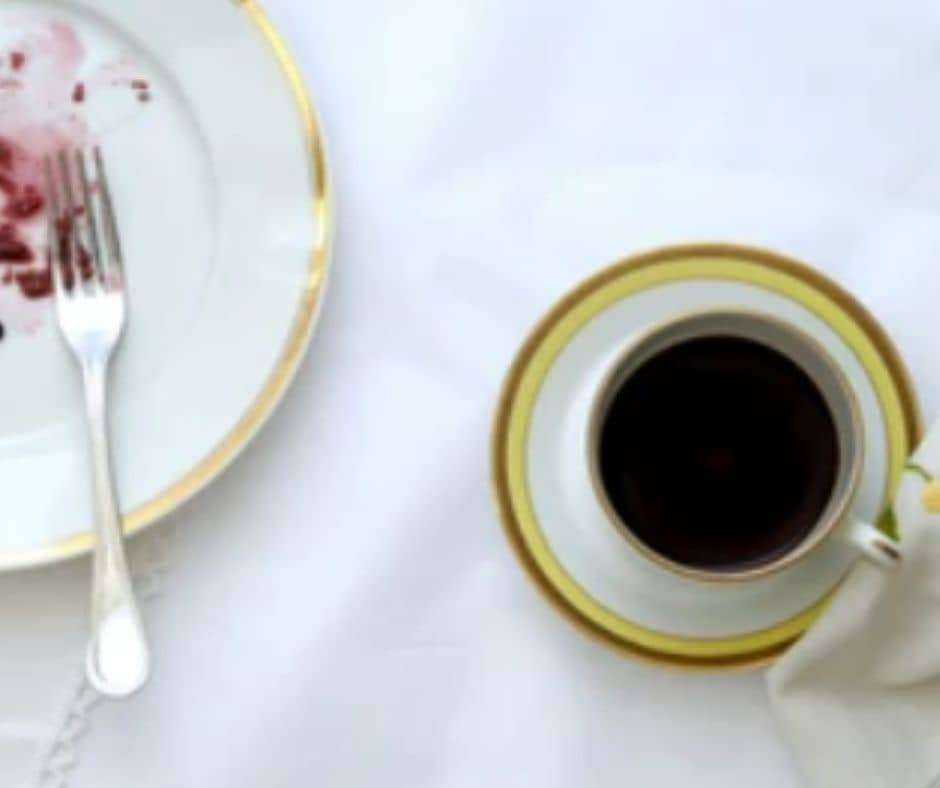
Yes, black coffee is good to drink after a meal. The reason for this is that the caffeine in coffee is absorbed by the body at a much slower rate than nutrients from food. This means that you can enjoy your favorite hot beverage without worrying that it will interfere with either your digestion or the absorption of any nutrients from the meal.
The only potential issue here is if you have a sensitivity to caffeine and therefore don’t tolerate it well. But even in this case, black coffee won’t cause any harm, unless you’re sensitive enough to become jittery and anxious when consuming it. In that case, it’s best to avoid drinking black coffee right after a meal.
Coffee’s tannins may help with digestion. Anything you drink after a meal, on the other hand, will help to wash the food down and out of your system faster.
Tannins are polyphenols that contribute to the astringent flavor of tea and wine. Cranberries, blueberries, apples, and pears are examples of fruits and vegetables that contain them. They may have antioxidant properties that help to prevent cell damage in the body. It has been suggested that tannins help to lower cholesterol and blood pressure levels, but there’s not enough evidence to support this claim.
Coffee contains caffeine, which can temporarily boost energy levels and make you feel awake after drinking it.
Should you Drink Coffee before or after a Meal
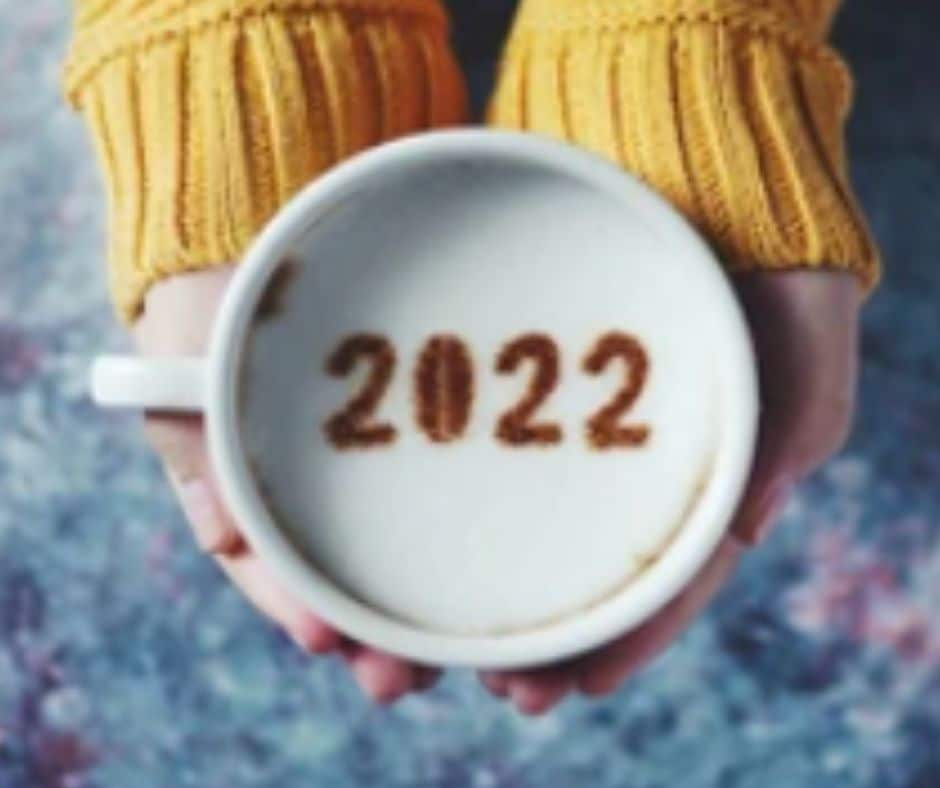
Many people are unable to begin their days without it. However, if you have a strong need for it, you should be aware that consuming it in an improper way might be harmful to your health.
According to a new study, consuming powerful, black coffee early thing in the morning can impair blood sugar regulation, which is linked to diabetes and heart disease.
The findings, according to the researchers at the University of Bath’s Centre for Nutrition, Exercise, and Metabolism, could have “wide-ranging” health implications, especially as coffee is one of the world’s most popular beverages.
In a press statement, Professor James Betts, co-director of the University of Bath’s Centre for Nutrition, Exercise, and Metabolism, said, “We know that nearly half of us will wake up and, without doing anything else, drink coffee — naturally, the more fatigued we feel, the stronger the coffee.”
“Until now, we’ve only had a rudimentary understanding of what this is happening to our systems, particularly in terms of metabolism and blood sugar management.”
The study was published in the British Journal of Nutrition, and it is the first to look at the combined effects of sleep fragmentation and coffee on glucose management upon waking.
The study
The researchers enlisted the help of 29 healthy men and women to participate in three different overnight tests in a random order for their research.
• In one study, participants were given a typical night’s sleep (approximately from 23:00 to 07:00) and were instructed to drink a sweet drink when they awoke.
• In another study, participants were awakened every hour for five minutes, resulting in an interrupted night’s sleep. They each drank the same sweet drink as they awoke.
• Participants were given a strong black coffee 30 minutes before drinking the sugary drink on another night, and they had the same sleep disruption.
They drank a glucose drink that had the same number of calories as a usual breakfast. Blood samples were acquired from participants after they had consumed the drink in each of these studies.
What the researchers found
When compared to a regular night’s sleep, their findings showed that one night of interrupted sleep did not impair participants’ blood glucose and insulin levels.
Previous research, on the other hand, revealed that missing several hours of sleep or sleeping poorly for many nights could have a harmful impact. It’s also encouraging to know that a single night of interrupted sleep has no effect, according to the researchers.
However, they discovered that drinking strong black coffee before breakfast significantly increased participants’ blood glucose levels by about 50%, implying that while coffee can help you stay awake after a bad night’s sleep, it can also limit your body’s ability to tolerate the sugar in your breakfast.
“Put simply, when the first thing our bodies come into contact with is coffee, especially after a night of disrupted sleep, our blood sugar management is affected,” Betts noted, adding that this may be remedied by eating first and having coffee later if we still feel we need it.
“Given that most breakfasts are high in carbohydrate (typically sugar), it’s reasonable to assume that the same impact would hold true for other common morning meals,” he added.
“Of course, if you ate a breakfast that was lower in carbohydrate, particularly sugar, the blood glucose surge we witness after eating would be reduced (or even eliminated).”
His advice: A strong cup of coffee should not be had within an hour following a carb-rich breakfast.
Does this apply to strong black coffee only?
Although the researchers used black coffee in their study, Betts told CNN that a latte or flat white would likely have the same impact.
Why do I Crave Coffee after Dinner ?
After dinner, you may crave a cup of coffee for a variety of reasons. Coffee is an energizing stimulant that aids in staying alert. Some people prefer decaffeinated or herbal tea to caffeinated coffee. Caffeine might raise your heart rate and blood pressure for a brief period. Coffee, on the other hand, affects insulin levels, which is the most likely cause of this occurrence.
Toward the end of the day, we tend to consume more sugar and carbohydrates (think about the last time you had Chinese food). Your body releases insulin when carbs enter your bloodstream, which aids in the conversion of sugar into energy. This results in a reduction in blood sugar, which leads to hunger and increased insulin secretion.
Caffeine stops insulin from being released after dinner, which means no more cravings!
The easiest method to avoid these cravings is to eat your final meal earlier in the day when you’re less likely to notice them – first thing in the morning!
Is Coffee after Dinner Bad for you?
Coffee’s main ingredient is caffeine, a drug that can make you more alert and increase your heart rate, so it might seem counterintuitive to reach for a cup of joe when you’re trying to mellow out after a stressful day. But drinking coffee after dinner can help you sleep better.
If you eat too much caffeine at once, or late in the afternoon or evening, it can keep you awake. In compliance with a study published in the journal Food Research International, consuming a moderate dose of caffeine at the right time can have health benefits.
The study found that people who drank or ate caffeinated products an hour before bedtime slept longer and had less trouble falling asleep than those who didn’t. It also showed that those who had caffeine during the day slept just as well as people who had none during the day and drank caffeinated beverages in the evening.
Caffeine has been demonstrated to increase alertness after sleep loss, however, studies have indicated that sleeping less than seven hours each night can impact how well your body responds to caffeine. So, if you’ve been having difficulties sleeping lately, try switching to decaf at night to see if it helps you sleep better.
When should I drink Coffee after a Meal?
The optimal time to drink coffee after a meal depends largely on what you’re eating and when you’re eating it. The ideal time to drink coffee is generally between meals if you eat breakfast, lunch, and dinner at regular intervals throughout the day. However, if you like to eat a substantial meal in the evening, it is best to wait until after your next meal before consuming coffee. This will reduce the effect of caffeine on your body.
Why do French drink Coffee after dinner?
Coffee is a part of the social culture in France. It’s not only a beverage but also a way to communicate with each other. Many people living in Paris drink coffee after dinner. It’s said that they want to protect their stomach.
Toward the end of the meal, there is an increase in gastric acid which can erode tooth enamel and cause heartburn. Drinking a cup of coffee at this time can neutralize the acid and make you feel better when you go to bed.
In addition, some French people have the habit of drinking coffee when having dinner with guests for special occasions like wedding ceremonies.
Some people said it was because of the tradition as a symbol of friendship originated from Morocco. Both cultures have similar traditions: toasting wine for friendship (in French “Santé!”) and drinking coffee after meals for friendship.
It is believed that drinking coffee will help keep them awake throughout the night while they are enjoying their conversations with friends or family members. Also, it is said that coffee will warm their hearts and bring everyone closer together.


